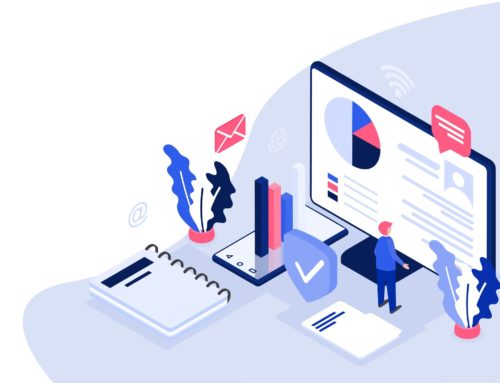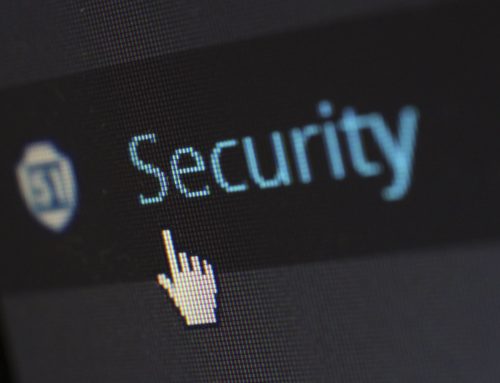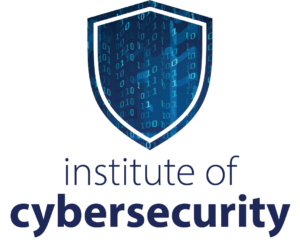
Most of us have already accessed the internet for various reasons today. Since most of us use it in our personal and professional lives, it’s no surprise that we all rely on the safety of our data and information. For example, when you log into a banking app, you need your data to be safe. If these systems do not have the proper protection in place, data may fall into the hands of cybercriminals. That’s why it pays to understand personal and workplace cybersecurity. Here’s how applying the tenets of cybersecurity can help individuals, businesses, and other organizations.
Securing Against Malware
According to individual and workplace cybersecurity experts, multiple layers of cybersecurity is the best way to prevent serious cyberattacks. A mixture of software, firewalls, and other tools can help combat malware and hacking that can affect everything from Wi-Fi networks to mobile phones and gadgets.
For securing against malware, an antivirus software system can stop some of these issues. These systems include tools that can warn against suspicious websites and flag potentially harmful emails.
Mobile Phone or Gadget Security
Mobiles phones can be at risk of hacking and other cyberattacks. However, some tools can lock the use of mobile phones if they get picked up by someone other than the owner. It is also wise to use cybersecurity programs to fight against mobile apps that request too many privileges, leak personal information, or sneak in Trojan viruses. These systems can alert and block any suspicious activity.
Wi-Fi Security
If you regularly use public Wi-Fi, you could fall prey to a wide assortment of cyberattacks. To protect yourself from these intrusions, most personal and workplace cybersecurity experts suggest that you use the most updated software. When on public networks, it is also best to steer
clear of password-protected websites which contain personal information like banking, social
media, and email.
The best way to protect your private information from a cyberattack on public Wi-Fi networks is to use a virtual private network (VPN). VPNs are best for creating a secure network. All the information sent over a Wi-Fi connection is encrypted and protected by other safety measures.
Web Browser and the Cloud Security
Web browser security refers to protecting internet-connected, networked data from malware and data privacy breaches. The various antivirus browser tools include pop-up blockers, which alert or block spam messages, suspicious links, and advertisements.
The more advanced antivirus tactics for web browsers and cloud storage include two-step authentication. This technique uses security browser plug-ins and utilizes encrypted browsers.
What’s the best personal and workplace cybersecurity strategy? According to most cybersecurity experts, a solid and robust online security infrastructure is best. It should include various layers of protection that are dispersed or across computers, programs, and networks.
A cyberattack occurs every 14 seconds on average. To ensure you aren’t a victim, firewalls, antivirus software, anti-spyware software, and password management tools should all work in harmony to stop cybercriminals.
With so much at stake, cybersecurity tools and experts are often our last line of defence when keeping our information protected in this increasingly digital age.





Recent Comments